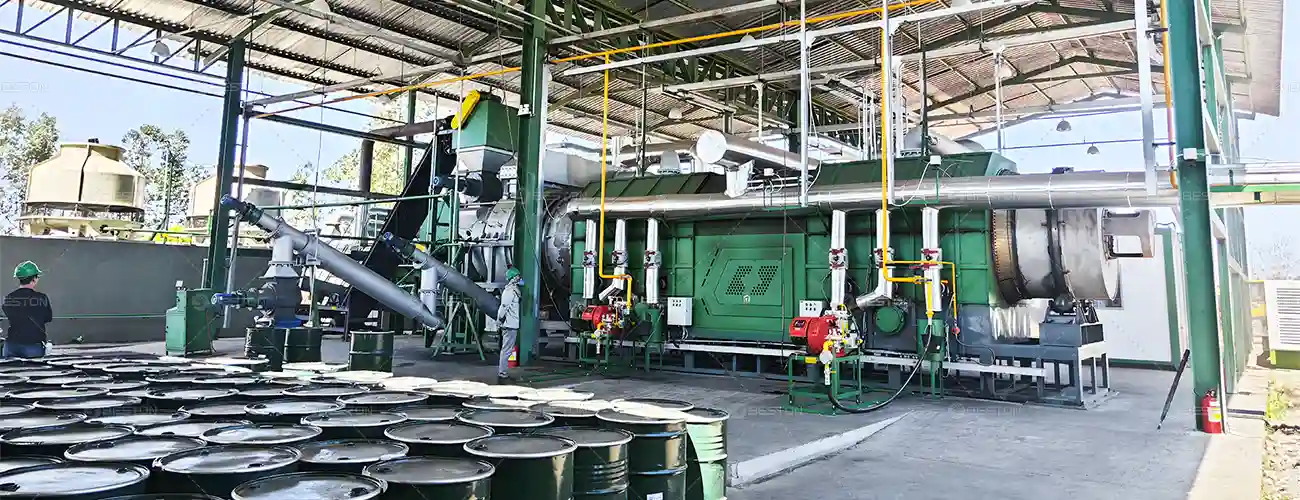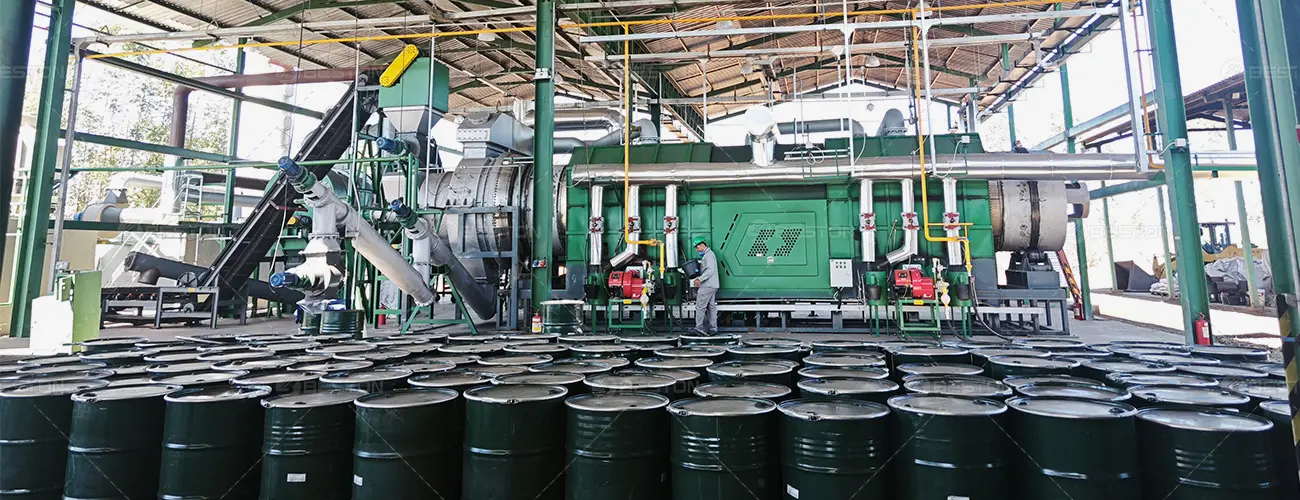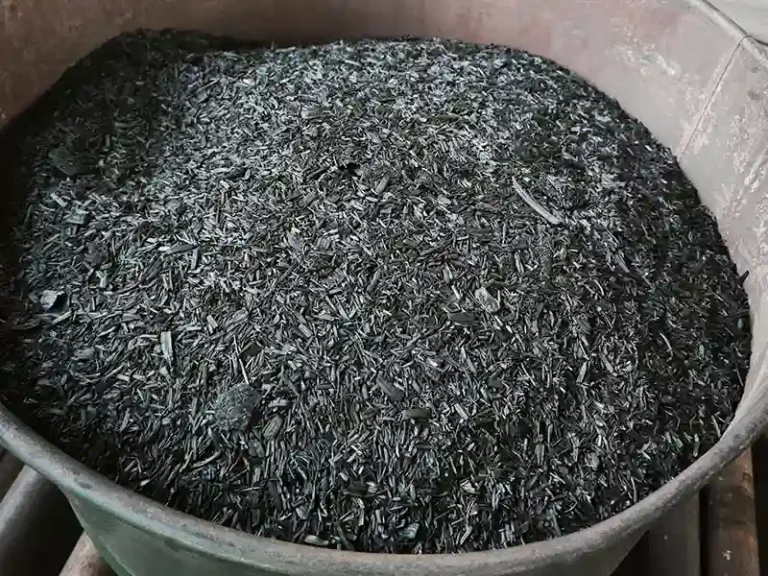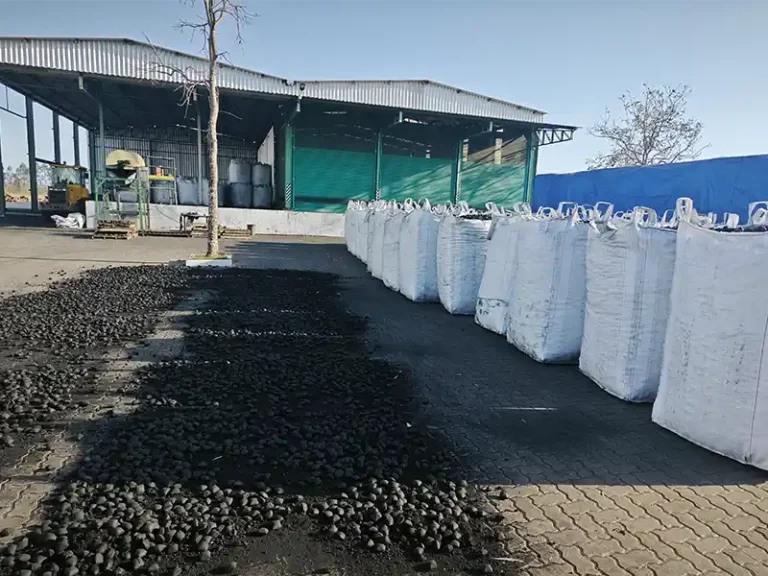
Project Background or Challenge
The client, based in Brazil, previously used traditional earth kilns for biochar production. However, due to the limitations of earth kiln technology, production efficiency was low, which put the client under significant market pressure. Additionally, the insufficient production capacity prevented the client from quickly capturing a substantial share of the local biochar market, hindering their ability to expand their business and enhance brand visibility.
Goals for Change
The client aimed to improve biochar production efficiency and scale by introducing more advanced continuous carbonization equipment, with the objective of quickly securing a strong foothold in the local biochar market. The specific target was to ensure a production capacity of 1,000 to 2,000 tons of biochar per month.
Action and Solution
- Equipment Selection and Customization: Based on the client’s production needs and output targets, we recommended suitable continuous carbonization equipment to ensure long-term, efficient, and stable operation. The equipment features an advanced automated control system that ensures precise management of key parameters such as temperature and pressure during the production process, guaranteeing the quality and stability of the biochar.
- Installation and Commissioning: We provide a one-stop service from equipment transportation to installation and commissioning, ensuring the equipment is up and running in the shortest time and operates at optimal performance. During the commissioning phase, we focused on fine-tuning various parameters to ensure efficient operation in different production environments.
- Technical Training and Support: To ensure smooth and efficient operation, we offer comprehensive operator training and provide a professional technical support team to help clients master equipment operation and troubleshooting techniques, reducing potential risks during production.

Results Achieved
We deliver and commission the line on schedule. Engineers complete on-site debugging and operator training. The BST-50 charcoal making machine runs stably; cycle times shorten and throughput increases. Product uniformity improves and rejects decline because of controlled drying and feed handling. The system projects an annual output of about 6,000 tonnes of charcoal under normal operation. The Brazilian customer gains market-ready product quality and a reproducible process for scale-up.


